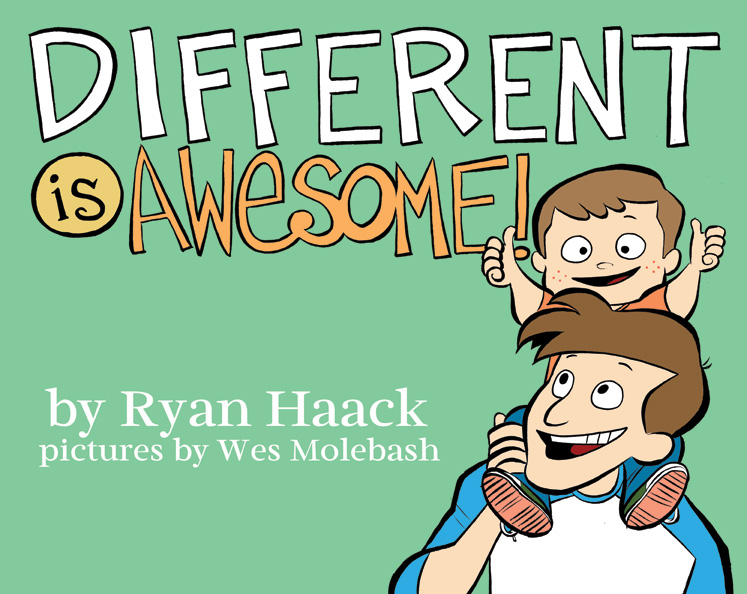Sheri asked a great question over on the Facebook page yesterday. She explained how her family, including her limb-different son, went to visit relatives over the holidays and that she “started to feel like those we were visiting were more interested in showing off his arm than they were in spending time with him. One relative wanted him to bring his arm so she could ‘show her friends how he’s the same as others.'” Sheri asked, “Do you (amputee or parent of one) feel like people can’t get past a missing limb? That the person and/or prosthesis becomes a ‘side-show’ or a spectacle?”
My answer? Yes and no.
For the most part, I believe people are trying to do the right thing, they just don’t know how to do it well. They want to show that they are ok with the difference, but then they go overboard. And this issue of “normalcy” makes things even more difficult. It’s this strange balance of acknowledging that a person with a limb-difference is perfectly fine the way they are, but also realizing they are different; not “normal.” You may remember the video I posted of when I was on the news eons ago. My mother talked about how great it was to see me doing things “two-handed, normally two-handed.” Was she disappointed that I performed tasks differently than people with two hands? Of course not. She struggled just as much as anybody with trying to express her joy in seeing me do something “the normal way,” while appreciating that I did things different and I was fine either way.
Aimee Mullins does a fantastic job in her powerful TED Talk of explaining the fallacy of normal. There is no normal. There’s common and typical, but no normal. Everybody wants to feel normal, but normal is overrated. However you do things is your normal. Who cares how other people do it?
As far as Sheri’s questions go, I think people can get past the missing limb. I actually know they can. My sister used to tell me to “use your other hand” all the time. I’d have to remind her, uh, I didn’t have one. I’ve had many people tell me they forget I only have one hand. I don’t understand how that’s even possible, but I have to believe them!
That said, when people encounter a difference like ours for the first time, it’s expected that they will not know how to react. They know they should ignore it, but c’mon, he’s got one arm! So, then they feel bad asking about it, but they really want to know. I don’t envy their position.
That’s what this whole LivingOneHanded thing is for, by the way. I’m putting myself out there as that “side-show” because I realize people want to know how I do things, but don’t want to be rude. They want to see what’s “normal” for me. And I’m happy to oblige.
Ultimately, people who are different in any way will have to deal with the fact that people won’t know how to react to them. People will be nice, they’ll be rude, they’ll be inquisitive, they’ll insult, they’ll encourage…if you are different, you will experience the entire spectrum of reactions. My opinion is, it will make life easier if you expect that.
This morning, for instance, I stopped at the grocery store to get breakfast. I gave the older lady at the register my card and then she blurted out, “What happened to YOU?” “Excuse me?” I asked. It was so quick I didn’t understand her. “What happened to you?” she repeated and nodded at my left arm. “Oh, I was actually just born that way,” I replied. “Hm,” she grunted and furrowed her brow. I wished her a good day and went on my way. It surprised me a little, but honestly, it didn’t bother me at all. I expect the unexpected when it comes to my difference and I’m totally ok with that.
Is it frustrating to be to be a spectacle? Sometimes. Does it get old to be the subject of everyone’s curiosity? Occasionally. Do your friends and family get past it? Absolutely. And would I change any of it?
Absolutely not.















